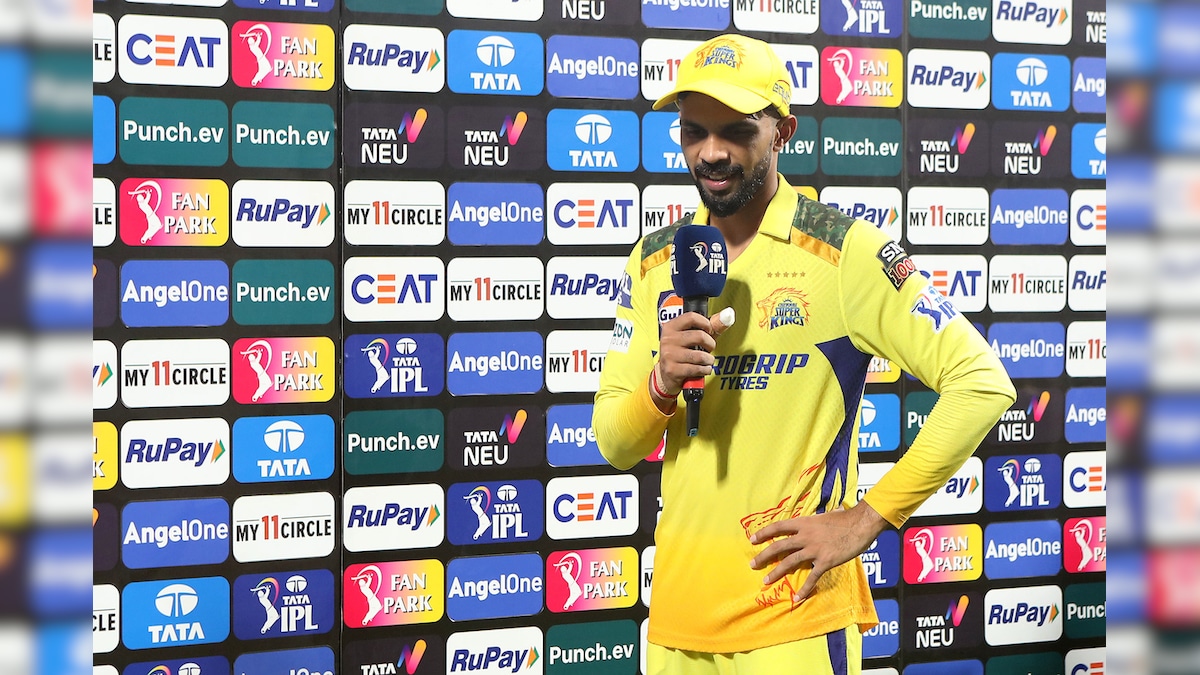Last updated: February 17, 2024 16:00 US Standard Time
(Reuters) – A group of 20 technology companies announced on Friday that they have agreed to work together to prevent deceptive artificial intelligence content from interfering with elections around the world this year.
The rapid development of generative artificial intelligence (AI), which can create text, images and videos in seconds based on prompts, has fueled concerns that the new technology could be used to influence this year’s major elections as more than half of the world’s population There are concerns that this new technology could affect this year’s major elections. People will go to the polls.
The technology agreement, announced at the Munich Security Conference, includes signatories from companies building generative artificial intelligence models for content creation, including OpenAI, Microsoft and Adobe. Other signatories include social media platforms that will face challenges keeping harmful content off their sites, such as Meta Platforms, TikTok and X (formerly Twitter).
The agreement includes a commitment to collaborate on developing tools to detect misleading images, videos and audio generated by artificial intelligence, conduct public awareness campaigns to educate voters about deceptive content, and take action against such content on their services.
Techniques to identify AI-generated content or prove its origin could include watermarks or embedded metadata, the companies said.
The agreement does not specify a timetable for fulfilling the commitments or how each company will implement them.
“I think the utility of this agreement is the breadth of companies that are signing on to it,” said Nick Clegg, president of global affairs at Meta Platforms.
“It’s all well and good if individual platforms develop new policies on detection, provenance, labeling, watermarking, etc., but unless there is a broader commitment to do this in a shared interoperable way, we will end up with a hodgepodge of different commitments, ” Clegg said.
Generative AI is already being used to influence politics and even convince people not to vote.
In January, New Hampshire voters received robocalls using a fake audio of U.S. President Joe Biden urging them to stay home during the state’s presidential primary.
Adobe chief trust officer Dana Rao said that despite the popularity of text-generating tools like OpenAI’s ChatGPT, tech companies will focus on preventing the harmful effects of AI photos, videos and audio, in part because people tend to be more skeptical of text . An interview.
“There is an emotional connection between audio, video and images,” he said. “Your brain is wired to believe that kind of media.”
(This story has not been edited by News18 staff and is published from a Yonhap news agency feed – Reuters)
Follow us on Google news ,Twitter , and Join Whatsapp Group of thelocalreport.in
















